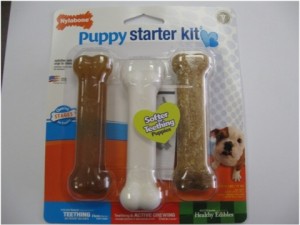A coordination centre run by Eurojust and led by the French Desk succeeded in stopping an organised criminal network involved in trade in illegal horsemeat.
 Police and judicial authorities from France, Belgium, Germany, Ireland, Luxembourg, the Netherlands and the UK were involved in the common action day, including, among others, 100 officers of the Gendarmerie Nationale of France, three of whom were present in Belgium, 100 officers from the Netherlands Food and Consumer Product Safety Authority, and Belgian officers, some of whom were present in France, Luxembourg and Germany.
Police and judicial authorities from France, Belgium, Germany, Ireland, Luxembourg, the Netherlands and the UK were involved in the common action day, including, among others, 100 officers of the Gendarmerie Nationale of France, three of whom were present in Belgium, 100 officers from the Netherlands Food and Consumer Product Safety Authority, and Belgian officers, some of whom were present in France, Luxembourg and Germany.
French authorities estimate that between 2010 and 2013, 4,700 horses unfit for human consumption were slaughtered and introduced into the legal food chain. Four hundred horse passports with anomalies were detected in France alone. Due to falsification, suppression and/or modification of official health documentation by the group, the horsemeat, deemed unfit for human consumption, was able to fraudulently enter the European food chain. According to EU food chain legislation, the provenance of all meat must be accounted for and traceable.
Investigations into the main suspect, a Belgian national operating from Belgium, began in Belgium in November 2012, led by an Investigating Judge from the Tribunal de Première Instance of the Province of Luxembourg (Division Arlon), Belgium. France started their investigation in July 2013, led by an Investigating Judge from the Tribunal de Grande Instance of Marseille (Pôle Santé Publique).
A joint investigation team (JIT) was formed between France and Belgium in May 2014, with funding for the JIT provided by Eurojust. Latest developments in the case led to the JIT being extended towards the UK this month.
Key figures at the time of issuance of this press release
- 26 arrests made;
- EUR 37,000 in cash seized;
- More than 200 horses will be examined by veterinary services;
- Dozens of searches of commercial and private premises were carried out; and
- More than 800 horse passports were seized, as well as medication, dozens of microchips and computer equipment.








